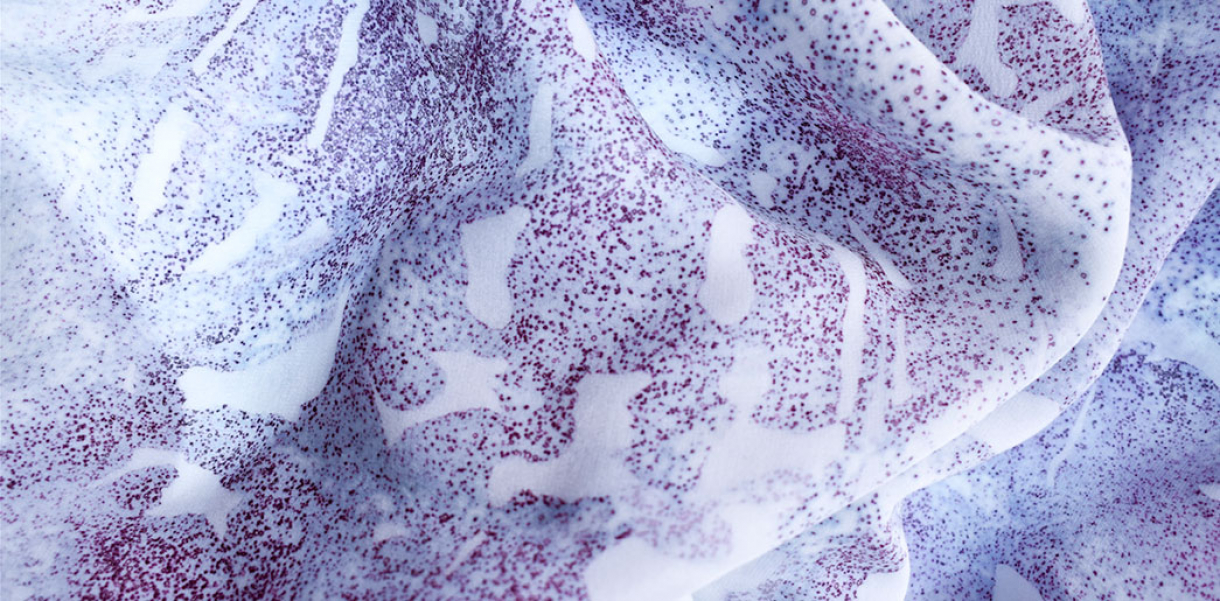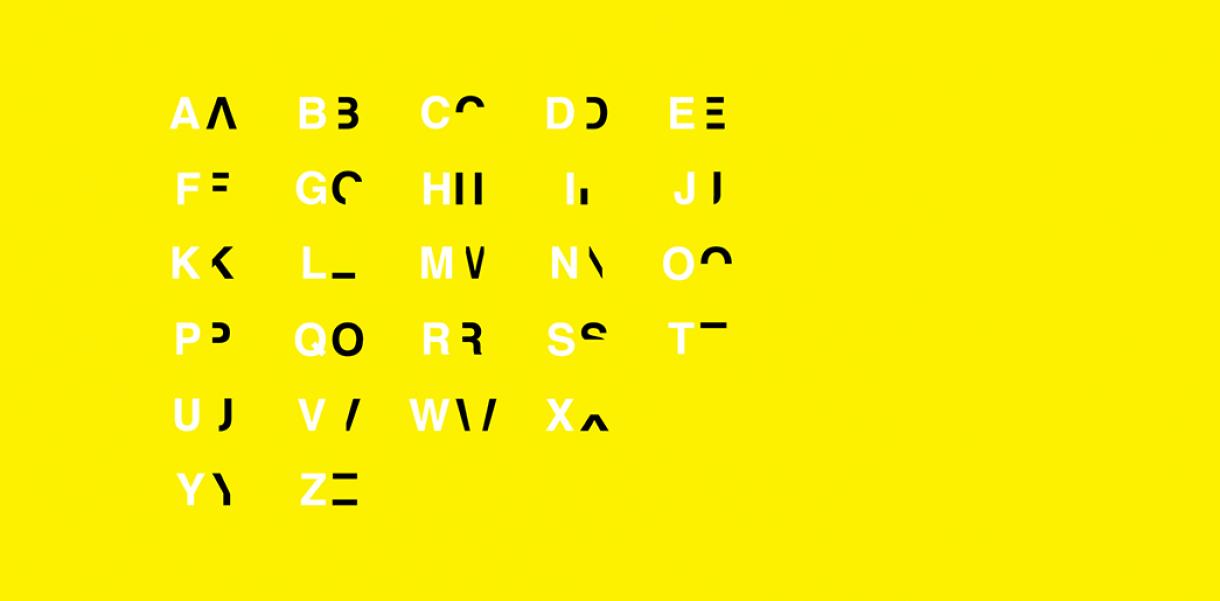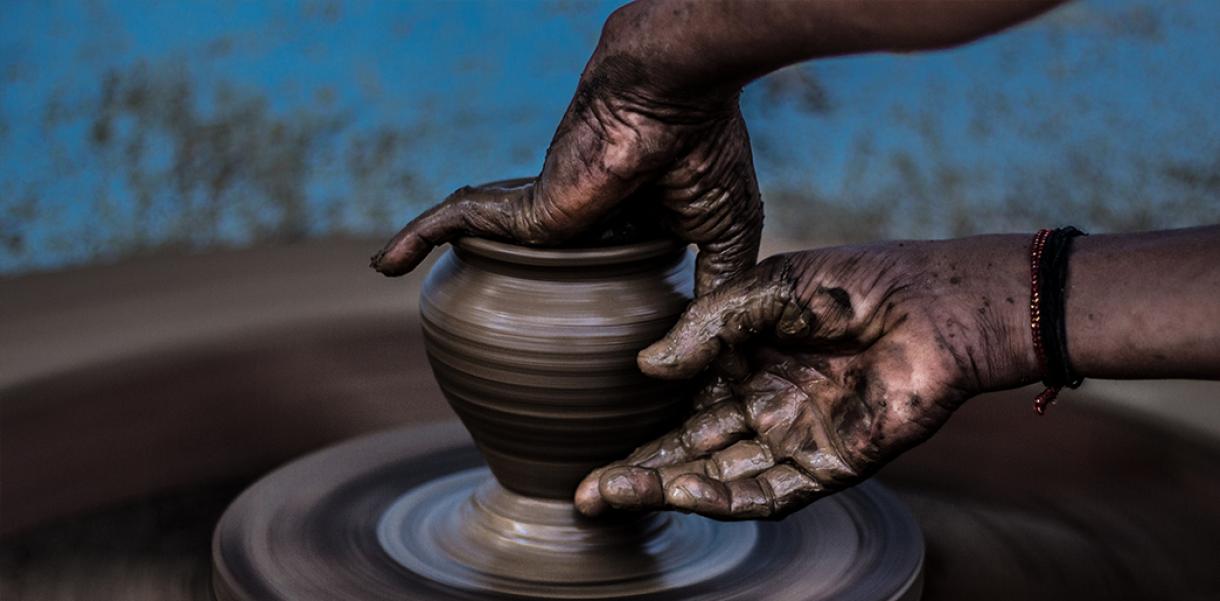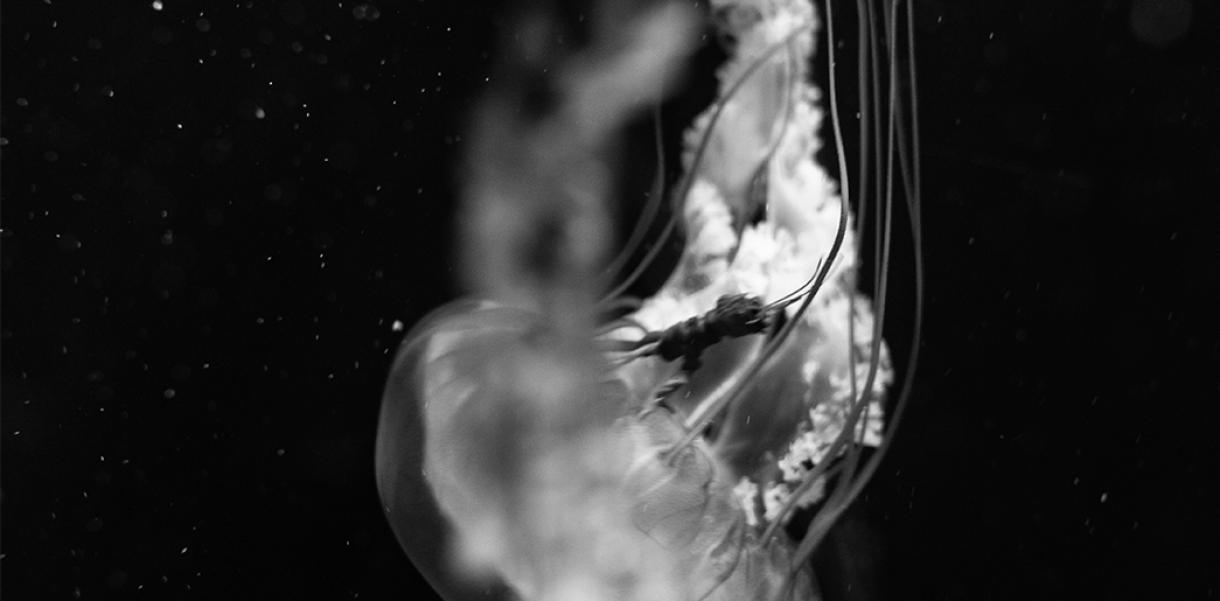We all know by now that fast-fashion is taking its toll on our planet’s resources and, subsequently, human wellbeing. There’s a dire need for forward-thinking solutions and London-based agency Faber Futures, founded by Natsai Audrey Chieza, has a promising one. Its name is Streptomyces Coelicolor: bacteria that can colour textiles without toxic chemicals and masses of freshwater.
Project Coelicolor captivated the Index Award jurors last year not only with its striking aesthetic, but for its immense potential: "This is the first step towards a fully customisable dyeing process, and a milestone in a new resource-efficient biofabrication method for making, colouring and patterning complex textile products".
After taking home the Index Award 2019 win, Chieza and her team have been busy developing a broad range of projects, such as a new video channel on biosynthetic design: Ferment TV. To further develop Project Coelicolor, they've been using the guidance of Boston Consulting Group (BCG), included in The Index Award prize, to develop their start-up playbook and business model roadmap.
”We want Project Coelicolor to deliver on its promise of not just sustainable, material artefacts but also on the equitable side with humans too."
According to Chieza, they've been able to outline their fundamental values and product-market fit, as well as clarify the possibilities of Project Coelicolor "beyond the speculative" to forge new partnerships and go from lab project to sustainable brand.
Once 'normal' business resumes post-pandemic, Chieza also hopes to restart development and material testing with commercial partners. “We want to encourage [brands] to think about how they could do things fundamentally differently,” says Chieza. “If we divest from fossil fuels for energy, we’re going to have to divest from fossil fuels for our materials.”
"We want to encourage [brands] to think about how they could do things fundamentally differently.”
With the Index Award funds, Faber Futures also plans to hire an in-house fashion designer, explore new source materials, and build a small brand for testing the market.
On top of work with Faber Futures, Chieza has been recently featured in Riposte, Director Magazine and Frame Magazine. She also spoke at The Index Project’s community event on biodesign, where she shared her reflections on the vision for Faber Futures and Project Coelicolor.
“We want Project Coelicolor to deliver on its promise of not just sustainable, material artefacts but also on the equitable side with humans too,” she said. “How we want to see the world change can't happen in isolation. Biology teaches us that we need diversity to thrive.”




